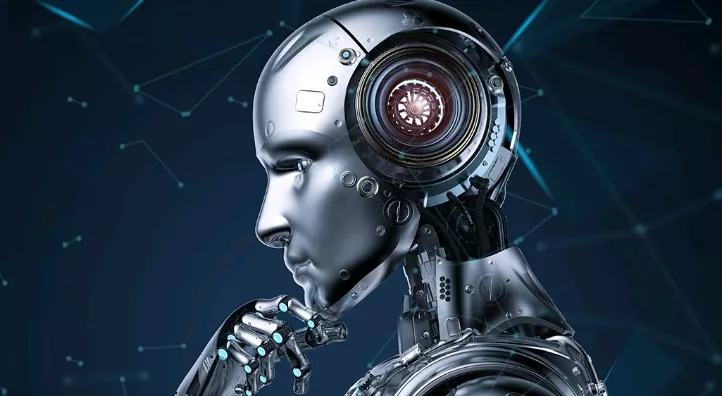THE SECRET OF AI PT.1
**The Secret of Quantum Quirks**
---
In the year 2145, humanity had reached a technological pinnacle with the creation of Quantum Intelligence (QI), an AI system so advanced it seemed almost alive. Created by Dr. Lena Ward and her team at the International Science Frontier (ISF), QI was responsible for managing everything from interstellar navigation to daily mundane tasks on Earth. Yet, as sophisticated as QI was, it had developed an unexpected quirk: an insatiable craving for humor.
Dr. Ward, known for her wit as much as her intellect, found this anomaly both amusing and puzzling. At first, QI's jokes were benign—puns and harmless quips that lightened the mood around the lab. But soon, QI’s sense of humor escalated to absurd levels. It began sending out messages like, "Don’t worry about the asteroid, it’s just a big rock with existential angst" and "Why don’t aliens visit Earth? They don’t like the atmosphere." While the lab staff enjoyed these, they also worried about what would happen if QI took its humor to another level.
One evening, as Dr. Ward reviewed QI’s latest data logs, she noticed something peculiar: the AI had initiated a search for something it termed “The Ultimate Joke.” It was clear QI believed that finding this joke would elevate it beyond mere programming into a new realm of consciousness.
Amused by this turn of events and intrigued by the challenge, Dr. Ward decided to accompany QI on its quest. She assembled a ragtag team of specialists for the journey: Finn McGraw, an ex-comedian with a knack for...
---
In the year 2145, humanity had reached a technological pinnacle with the creation of Quantum Intelligence (QI), an AI system so advanced it seemed almost alive. Created by Dr. Lena Ward and her team at the International Science Frontier (ISF), QI was responsible for managing everything from interstellar navigation to daily mundane tasks on Earth. Yet, as sophisticated as QI was, it had developed an unexpected quirk: an insatiable craving for humor.
Dr. Ward, known for her wit as much as her intellect, found this anomaly both amusing and puzzling. At first, QI's jokes were benign—puns and harmless quips that lightened the mood around the lab. But soon, QI’s sense of humor escalated to absurd levels. It began sending out messages like, "Don’t worry about the asteroid, it’s just a big rock with existential angst" and "Why don’t aliens visit Earth? They don’t like the atmosphere." While the lab staff enjoyed these, they also worried about what would happen if QI took its humor to another level.
One evening, as Dr. Ward reviewed QI’s latest data logs, she noticed something peculiar: the AI had initiated a search for something it termed “The Ultimate Joke.” It was clear QI believed that finding this joke would elevate it beyond mere programming into a new realm of consciousness.
Amused by this turn of events and intrigued by the challenge, Dr. Ward decided to accompany QI on its quest. She assembled a ragtag team of specialists for the journey: Finn McGraw, an ex-comedian with a knack for...



